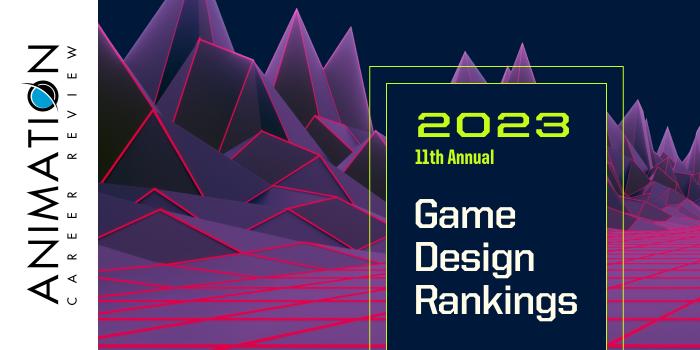The College of Engineering and Applied Science at University of Colorado Colorado Springs (UCCS) is home to the Department of Computer Science, which has several path to study game design. Options include a Computer Science BA (BACS) with a Game Design (GD) Track, a Bachelor of Innovation (BI) in Game Design and Development (GDD), and Minors in Game Programming + 3D and Game Design (GD). An interdisciplinary MS in Computer Science-Media Convergence, Games and Media Integration (MSCS-GMI) is available as well.
Both Minor Programs consist of 21 credit hours of study. Students in the BACS Program have the option to complete the Game Programming + 3D or Game Design Minor, one of the following Tracks: Game Design, Artificial Intelligence (AI) and Machine Learning, or Cybersecurity, OR a second major such as GDD. In addition to Game Design, the BACS/GD Track covers game development, game testing and distribution, user interfaces, game theory, and graphics.
The BACS Program also focuses on computer applications, and software design and development. Course examples include Programming with C, Python Programming, Design & Analysis of Algorithms, Advanced Software Engineering, and Programming with UNIX.
The Bachelor of Innovation Program at UCCS prepares students for careers in traditional games for entertainment, casual games, and serious games. The curriculum focuses on game design and development, programming, and technical design. The program also explores other areas such as music and art. Course examples include Game Design for Diverse Populations, Team-Based Game Testing and Deployment, Artificial Intelligence (AI) for Games, and Commercial Game Design Practicum.
The UCCS MSCS-GMI Program allows students to pursue a specialization through electives and develop an industrial portfolio with an interdisciplinary focus. However, the program includes required courses such as Design and Analysis of Algorithms, Advanced 3D Games and Digital Content Creation, and Computer Graphics. The program has a substantial number of elective options, including titles such as Wearable Computing and Complex Systems, Virtual Reality and Computer-Human Interaction, Computer Communication, Computability, Automata, and Formal Languages, and Computer Graphics Animation & Scientific Visualization Techniques.
MSCS students will complete a final project to be submitted to virtual reality and HCI interaction conferences, the International Symposium on Wearable Computing (ISWC), the Game Developers Conference (GDC), SIGGRAPH Computer Animation Festival, and other related events worldwide.
Graduates of the Computer Science and Games Programs at University of Colorado Colorado Springs have been recruited for salaried positions by major game design studios. Program alumni have also launched their own studios and freelance businesses where they have created their own games and commercial games for clients.
Founded in 1965, University of Colorado Colorado Springs serves more than 12,000 students from across the U.S. and more than 80 nations. The school offers more than 50 undergraduate degree options, dozens of master’s degrees, and eight doctoral programs across six colleges and schools. University of Colorado Colorado Springs is accredited by the Higher Learning Commission (HLC).





